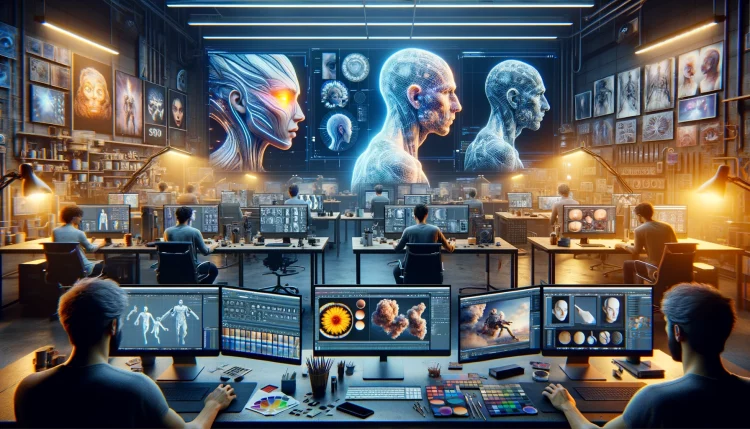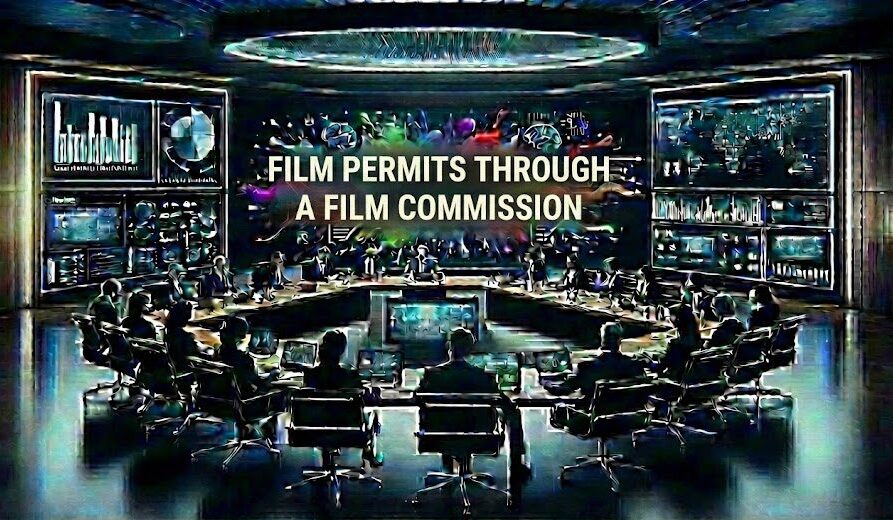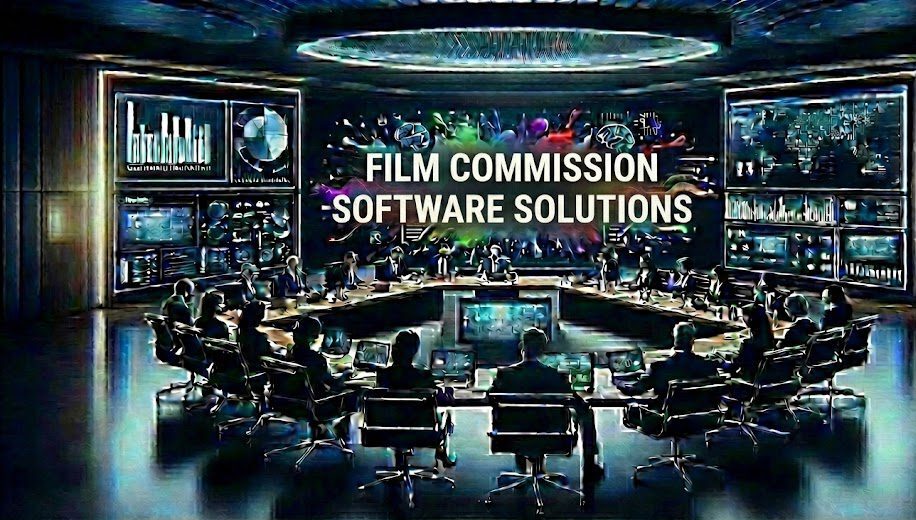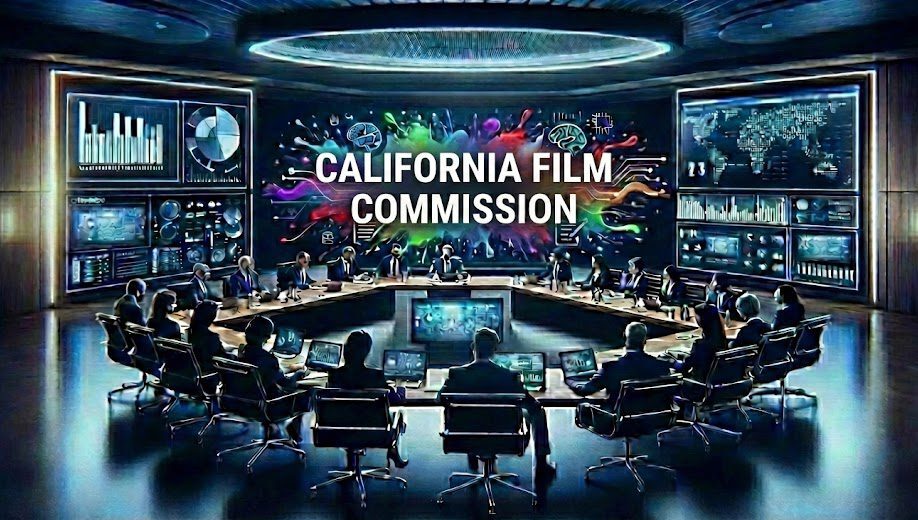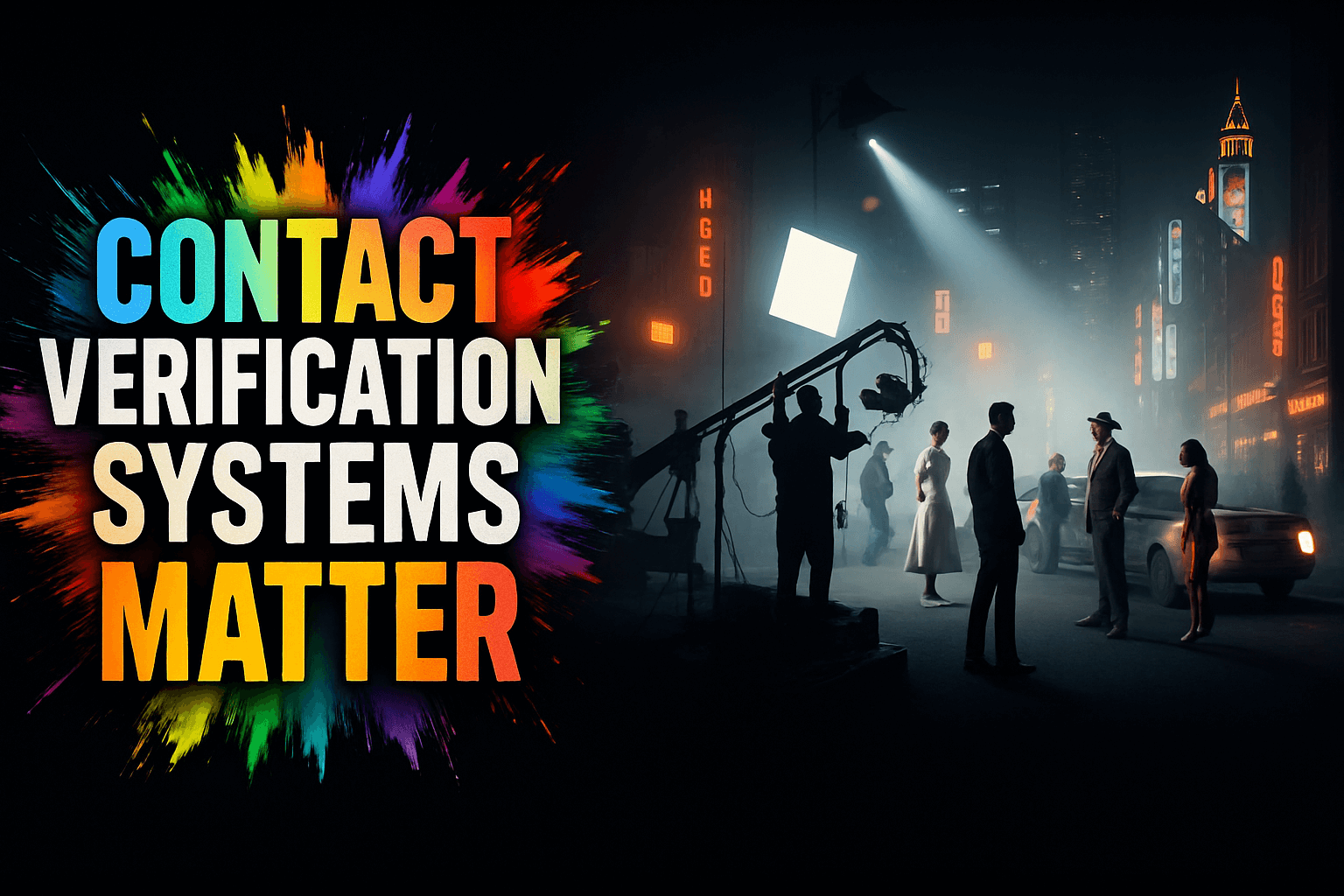Introduction
In the fast-paced world of film and television production, post-production is where the magic truly happens. From raw footage to the polished final product, every frame is meticulously refined in the post-production phase. Whether you’re a content buyer looking to ensure quality in your projects or a post-production service provider managing complex workflows, this guide will help you navigate the intricate process of a post-production workflow. With the right tools and strategies, post-production can be smooth, efficient, and highly effective in creating top-tier content.
Key Takeaways
| Topic | Key Insight |
| Post-Production Workflow Stages | Understand the core stages of post-production and how each contributes to the final product. |
| Efficiency Tools | Learn about the best tools and techniques to streamline your post-production workflow. |
| Bottlenecks and Solutions | Discover how to identify and solve common post-production workflow bottlenecks. |
| Outsourcing | Explore when and why outsourcing post-production services can help manage workload and ensure quality. |
| Vitrina’s Role | See how Vitrina connects buyers and service providers to enhance post-production outcomes. |
Table of content
- Introduction
- Foundational Understanding of Post-Production Workflows
- Enhancing and Optimizing Post-Production Workflows
- Managing Tools and Services in Post-Production
- Addressing Pain Points and Workflow Bottlenecks
- Outsourcing and Commercial Investigation
- Future Trends and AI in Post-Production Workflows
- Key Takeaways
- FAQs
Want to boost efficiency in your post-production?

1. Foundational Understanding of Post-Production Workflows
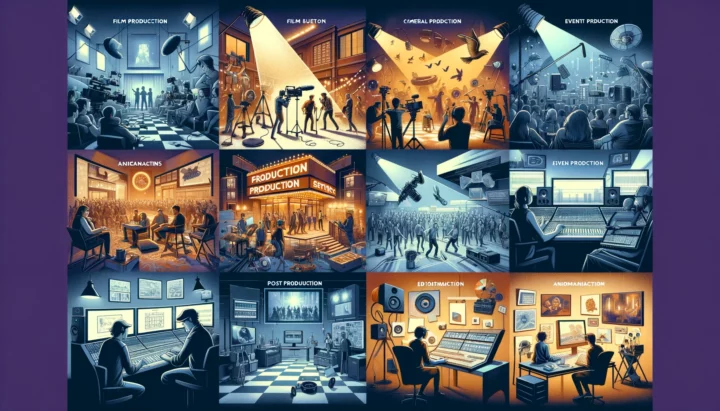
What is a Post-Production Workflow?
A post-production workflow involves multiple stages that transform raw footage into a completed film or video. It includes tasks like editing, sound design, color grading, visual effects (VFX), and audio mixing. Each stage requires precision and coordination across departments.
Core Stages of a Post-Production Workflow
| Stage | Description |
| Ingesting Footage | The process of importing and organizing raw footage from cameras and storage. |
| Editing | Cutting and assembling footage to create a cohesive story. |
| Sound Design | Adding sound effects, background scores, and dialogue adjustments. |
| Color Grading | Enhancing or correcting colors to set the tone and visual style of the project. |
| Visual Effects (VFX) | Incorporating computer-generated imagery (CGI) and effects for creative visuals. |
Learn more about how sound design plays a critical role in post-production.
3. Managing Tools and Services in Post-Production
Best Tools for Post-Production Workflow Management
Managing a large team in post-production requires the right project management tools to keep things running smoothly. From tracking deadlines to coordinating across editing, VFX, and audio departments, these tools ensure your workflow stays on schedule.
Top Workflow Management Tools:
- Trello: Ideal for tracking tasks and managing project timelines.
- Asana: Great for team collaboration and detailed project management.
- Avid Media Composer: Advanced editing software used by professionals for managing complex workflows.
Key Software for Service Providers
| Software | Specialty |
| Pro Tools | Industry standard for sound mixing and post-production audio. |
| Blackmagic Fusion | Perfect for high-quality visual effects (VFX) and motion graphics creation. |
| Adobe Audition | Powerful audio editing software for ADR, Foley, and sound design. |
Looking to outsource post-production services?

4. Addressing Pain Points and Workflow Bottlenecks
Common Bottlenecks in Post-Production
Even in well-structured workflows, bottlenecks can cause delays and increase costs. Some common issues include communication breakdowns, unorganized asset management, and outdated software.
How to Overcome Workflow Bottlenecks:
- Improve Communication: Use collaborative tools like Slack or Microsoft Teams to facilitate real-time updates.
- Upgrade Your Tools: Ensure that your software is up to date to prevent crashes and incompatibilities.
- Organize Early: Set up a solid naming and folder structure from the start to avoid confusion later.
Top Challenges in Post-Production
| Challenge | Solution |
| Slow Collaboration | Use real-time collaboration tools like Frame.io for smoother teamwork. |
| Outdated Equipment or Software | Regularly update hardware and software to improve processing speed and avoid technical glitches. |
| Communication Gaps | Establish clear communication protocols for smoother handovers between editing, VFX, and audio. |
5. Outsourcing and Commercial Investigation
When to Outsource Post-Production Workflow
For filmmakers with limited resources or tight deadlines, outsourcing certain aspects of post-production—like VFX, color grading, or ADR—can be a strategic move. Outsourcing allows teams to focus on core tasks while ensuring quality in specialized areas.
When to Outsource:
- If you lack in-house expertise for tasks like VFX or sound design.
- When facing tight deadlines and need to fast-track parts of post-production.
- To reduce costs without sacrificing quality.
Best Outsourcing Providers
| Service | Specialty |
| Deluxe Entertainment | Offers comprehensive post-production services including VFX, color grading, and more. |
| Technicolor | Known for world-class sound mixing and color grading services. |
| Vitrina | Connects filmmakers with vetted post-production service providers. |
Ready to fix your post-production bottlenecks?

6. Future Trends and AI in Post-Production Workflows
How AI is Transforming Post-Production
Artificial Intelligence is reshaping the post-production industry by automating tasks that were once manual and time-consuming. From automated color correction to AI-assisted editing, these advancements are helping editors work faster while still maintaining creative control.
AI-Driven Trends in Post-Production:
- Automated Shot Matching: AI can match shots in terms of color, lighting, and tone faster than human editors.
- Speech Recognition: AI tools automatically generate subtitles and sync audio for quicker ADR sessions.
- Predictive Editing: AI can suggest edits based on scene analysis and previous editing decisions.
Key Takeaways
- Post-production workflows require careful planning, collaboration, and the right tools to transform raw footage into a finished product.
- Using AI-driven software and collaboration tools improves efficiency and reduces bottlenecks in the post-production process.
- Outsourcing post-production services can help filmmakers meet tight deadlines while maintaining high-quality results.
- Vitrina provides a marketplace for connecting buyers with top-tier post-production service providers, enabling smoother workflows and better outcomes.
Frequently Asked Questions
Utilizing cloud-based collaboration tools like Frame.io or Slack can enhance team communication and streamline feedback loops.
The best tools include DaVinci Resolve for editing and color grading, Pro Tools for audio mixing, and Frame.io for team collaboration.
Outsourcing allows you to access specialized expertise and meet deadlines, especially for complex tasks like VFX or sound design.
AI automates repetitive tasks like color correction, shot matching, and audio syncing, improving efficiency while allowing editors to focus on creative tasks.
Vitrina connects you with top post-production service providers, ensuring you find the best partners for every aspect of your project.



